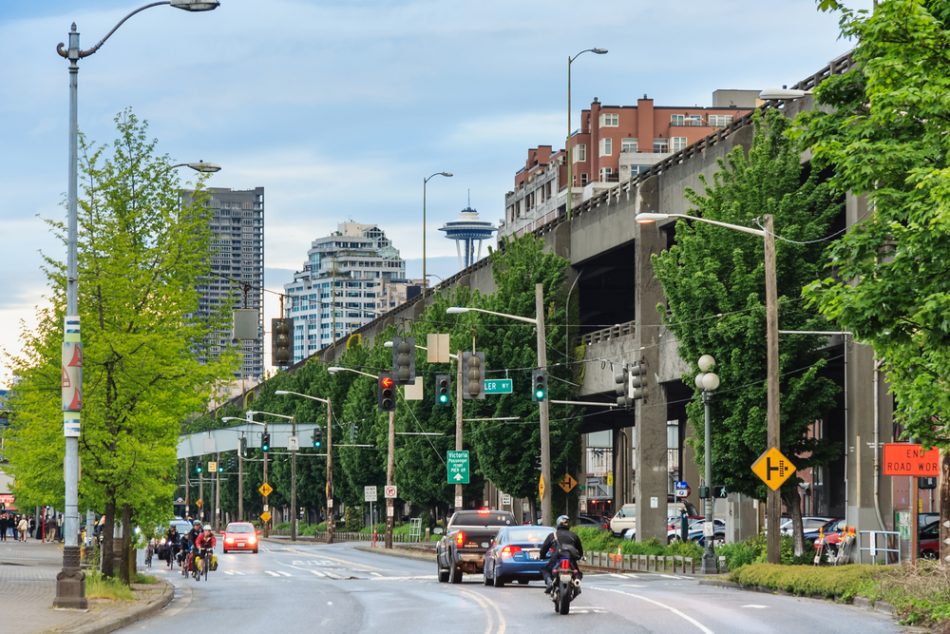The gig economy is growing, but these workers are not always guaranteed the same protections as employees in more traditional roles. In a move to protect these workers, the city of Seattle has passed a new wage scale for Uber and Lyft drivers, including a $16.39 minimum wage, to ensure their wages match those of other minimum wage workers in the city.
Passed unanimously by the Seattle City Council, the law mandates that ride-hailing companies pay drivers a wage high enough to account for the time they spend waiting for and driving to pick up passengers, not just physically driving someone to their destination. It calculates this pay gauge using a combination of per-minute and per-mile pay rates divided by a “utilization rate,” or a share of drivers’ the time a passenger will actually be inside the vehicle.
Uber and Lyft classify their employees as contracted workers and have fought with many cities, Seattle included, against workers’ rights and minimum wage requirements. Under the new law, drivers could make up to $29.90 per hour and it mandates that drivers be paid a minimum of $5 per trip for most trips. The new pay formula also accounts for external expenses like car repairs and medical insurance compensation that contract workers are not guaranteed.
Although some have argued that the new law will cause Uber and Lyft to hire fewer drivers in the city, the policy is supported by a study from The New School and University of California, Berkeley which found that drivers make about $21.50 an hour before expenses and $9.73 after.
Uber and Lyft drivers are becoming an increasingly vital component of our transportation systems and their commitment to transitioning to electric vehicles makes them a viable part of a green transportation future. This new law protects these contract workers as important actors in the city’s economy.












